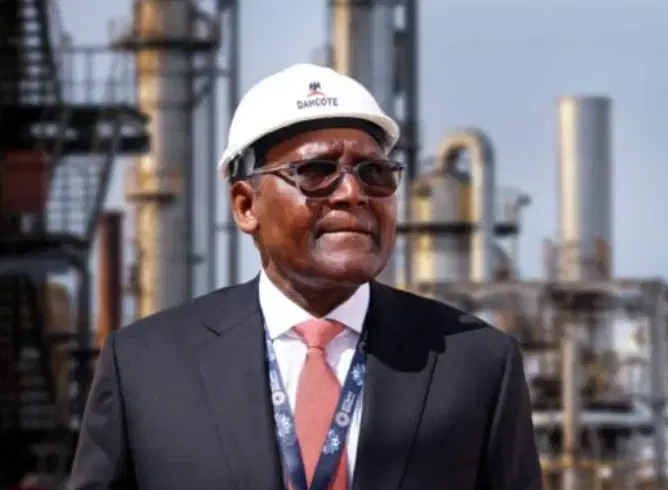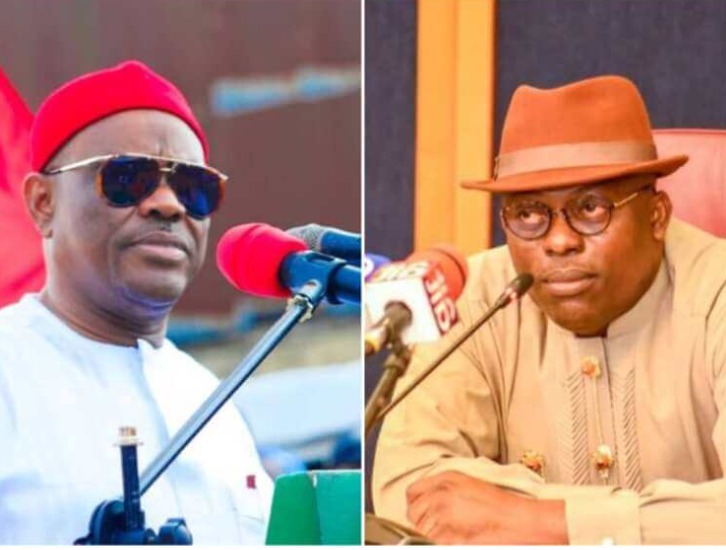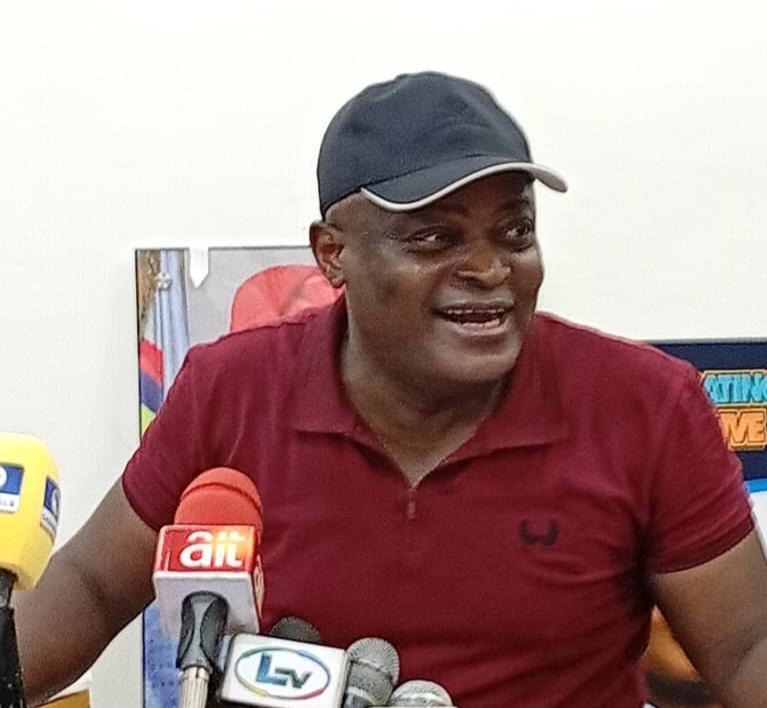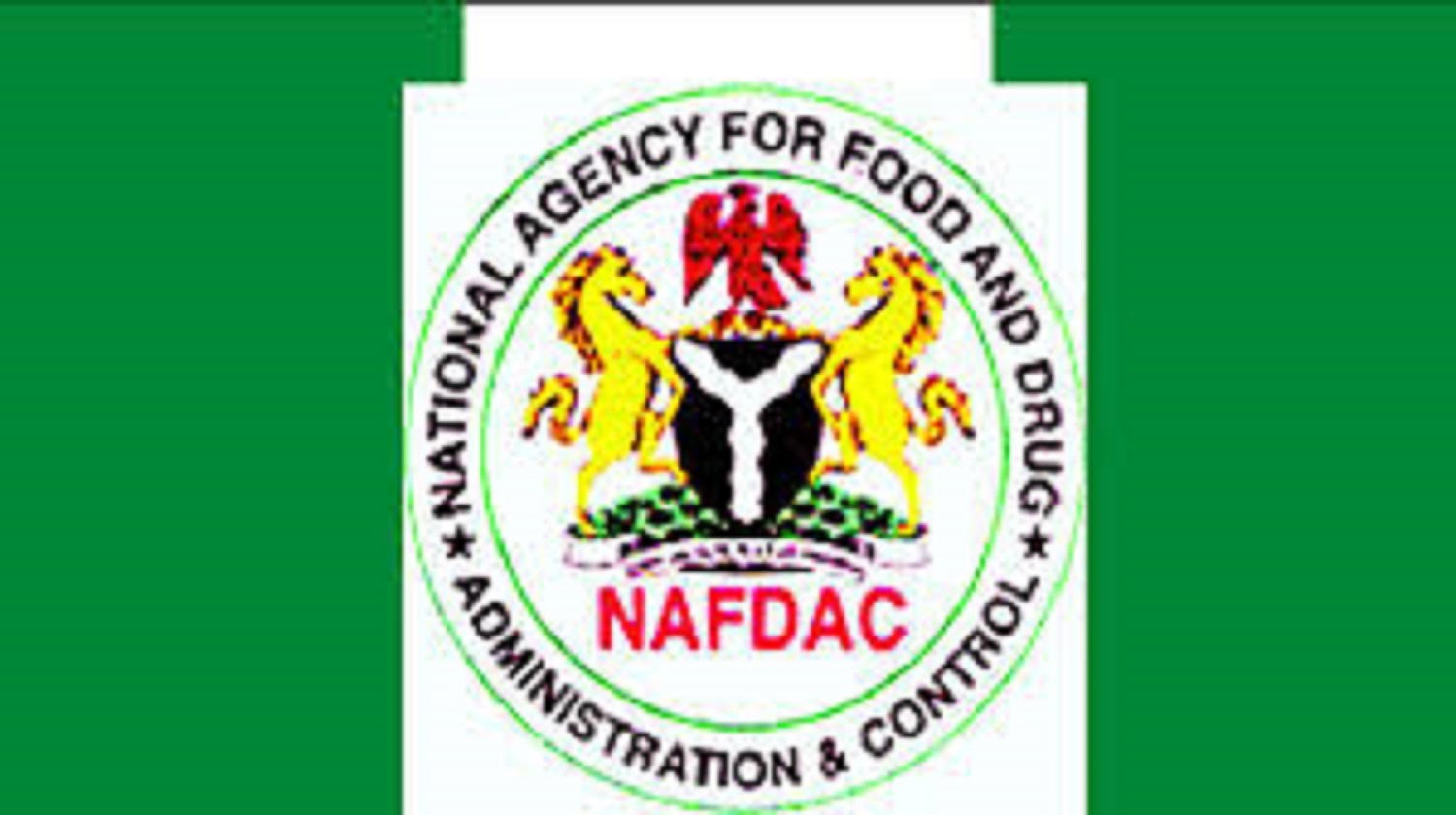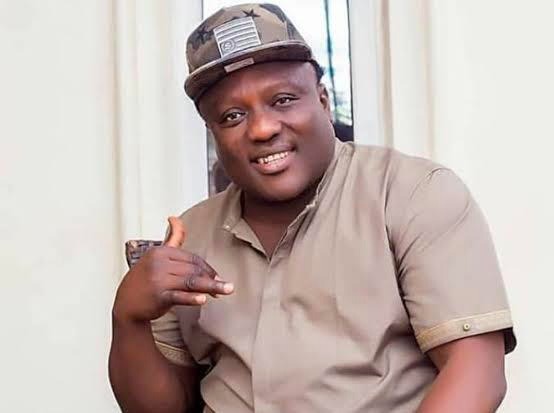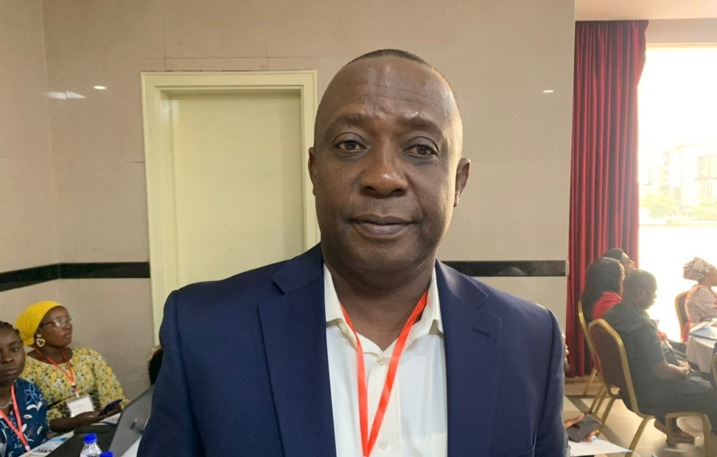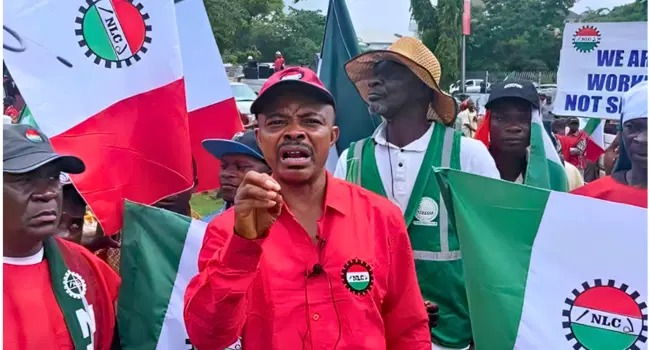ABUJA —THE Chief Executive Officer, CEO, Nigerian Midstream and Downstream Petroleum Regulatory Authority, NMDPRA, Farouk Ahmed, yesterday said that the inconsistent tariff policies of the United States, President Donald Trump, and the concomitant instability in global oil markets resulting to the are negative impacting Nigeria’s economy.
Briefing State House correspondents, when he was featured on ‘Meet-the-Press’ briefing series, a special programme organised by the Presidential Media Team, at Aso Villa, Abuja, Ahmed said while the drop in petroleum product prices may benefit consumers, the broader economic consequences are severe for Nigeria, which heavily relies on oil exports.
He said that there is a sharp drop in prices from $73 to $60 per barrel in a single day, as an example of how revenue inflows are being disrupted.
The NMDPRA boss also noted that domestic challenges, including pipeline vandalism and reduced production, also contributed to compounding the problem.
He said: “As consumers…we are happy that the price is coming down, but…as a nation, it’s not good for our economy because our revenue inflow is also impacted.
“Most importantly, what is even destabilising the market is inconsistencies in the way President Trump also sends his policies. He moves today. Tomorrow, he reverses. So it’s been challenging to predict the next level,” Ahmed explained.
Recall that the Organisation of Petroleum and Exporting Countries, OPEC, had recently issued reports indicating that Nigeria’s oil output has fallen to approximately 1.4 million barrels per day.
Besides, the situation has worsened as a result of President Trump’s aggressive trade policies, including sweeping tariffs on goods from several nations, especially China, and threats of levies on other countries, have injected uncertainty into global markets.
The NMDPRA CEO said: “Recently, as we all know, the global oil market, not only oil market, but the global economy has been a bit volatile, in the sense of the new American government’s policy of tariffs, not only targeted at China but the whole countries across the world.
“Investors and traders in not only the oil and gas industry but in general economies of the world are moving left and right to the extent that some are doing day trading. That means you do your trading today. You close by the end of today because you never know what tomorrow’s policy will drive the market into.
“So the crude oil and petrol products market continues to have a downward trajectory because of these inconsistencies and policies of the government of United States, and the key aspect of it is the aspiration of the American President to ensure that the crude oil pricing, or the crude oil price come down to maybe below $50 a barrel, that’s why he encourages more exploration in his country.”
Turning to the local implications, Ahmed acknowledged that while lower product prices benefit Nigerian consumers, the overall impact on the economy is negative.
“So how does it relate to our own local industry regarding crude oil pricing, product pricing, demand and supply? We see a downward trajectory in terms of product pricing and crude oil pricing.
“So we are happy as consumers of the derivatives of product pricing that the price is coming down, but when you look at it globally as a nation, it’s not good for our economy because our revenue inflow is also impacted.
“If the crude oil price, like what happened some Fridays ago, where it dropped in one day from about $73 a barrel to $60, you can see that in terms of our crude oil production, our revenue is impacted severely,” he added.
He urged stakeholders to prepare for prolonged uncertainty in the oil sector.
According to him: “This volatility will continue because as recently as yesterday, when President Trump again exempted some sectors from tariff, particularly to China, like in terms of vehicular tariffing, you saw the market again started to go up.
“So this is how it will continue to show, just to give you a general perspective of the oil industry.
“We recently had a report from OPEC that Nigeria’s production has come down to about 1.4 million barrels a day.
If we lose the price by $10, you can see the negative impact on our economy, national reserves, and the strength of our naira. Again, when you look at the products market, we are happy to say, “Oh, the price is coming down.”
Ahmed also stated that imports of Premium Motor Spirit, PMS, also known as petrol have plunged from 44.6/ million/ litres a day in August/ 2024 to 14.7 millions per litre by 13/ April/ 2025.
He said that local supply rose 670 per cent within that period, adding that after contributing virtually nothing in August, local plants delivered 26.2/ million litres per day in early April, a jump from the 3.4/ ml recorded in September, the first month with measurable output.
He credited the surge to the phased restart of the Port/ Harcourt Refining Company in late November and incremental volumes from modular refineries.
Despite the progress, combined supply crossed the government’s 50/ ml/day consumption benchmark only twice in the eight-month window—November (56/ ml) and February (52.3/ ml).
He said that it slipped in March just below target at 51.5/ ml, and in the first half of April, it remained short at 40.9/ ml.
Figures from the NMDPRA also showed the balance among the three sources of PMS —Oil Marketing Companies, Dangote Refinery and the Nigerian National Petroleum Company Limited since last October.
OMCs raised average daily imports from about 22/ million/ litres in October/ 2024 to roughly 30/ ML in December, settling in the mid 20s. They now account for 55 60/ per cent of all petrol on most days.
Meanwhile, deliveries from the Dangote Petroleum Refinery and Petrochemicals rose steadily from 10/ ML/day in October to around 22/ ML in January and February before easing to 18/ ML by mid April/ 2025. The plant now meets about two fifths of national demand. From 24/ ML/day in October, the NNPCL volumes fell monthly, slipping to 1/ ML in January and zero recorded supply after February, Ahmed revealed in his slide presentation.
The NMDPRA Chief argued that the Authority only grants import licenses relative to the country’s supply requirements.
On refining operations, he explained that six licensed private and four public refineries currently produce 1.12 million barrels per day.
Six licensed private plants account for 679,500/ bpd of the total. The Dangote single train complex refines 650,000/ bpd.
